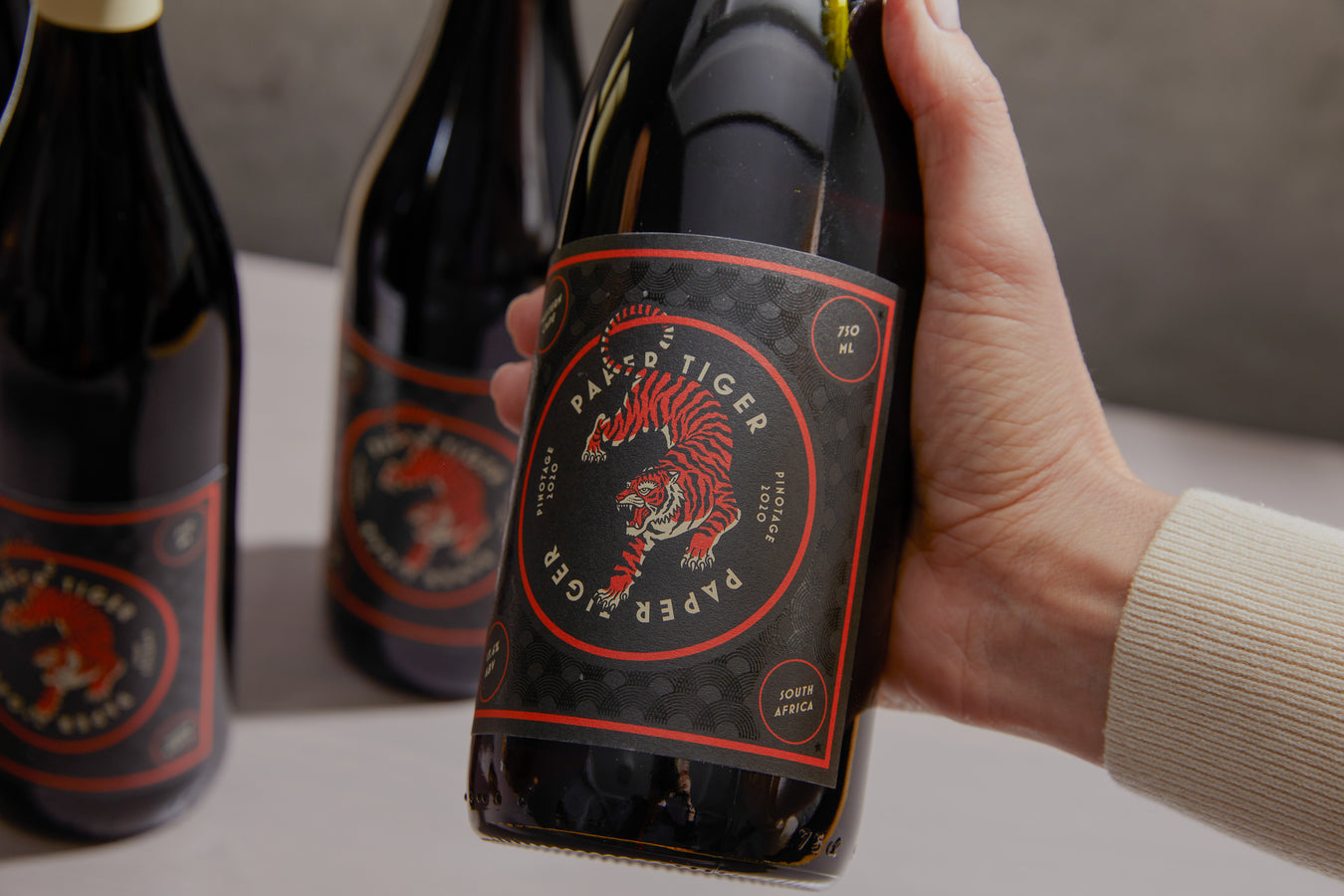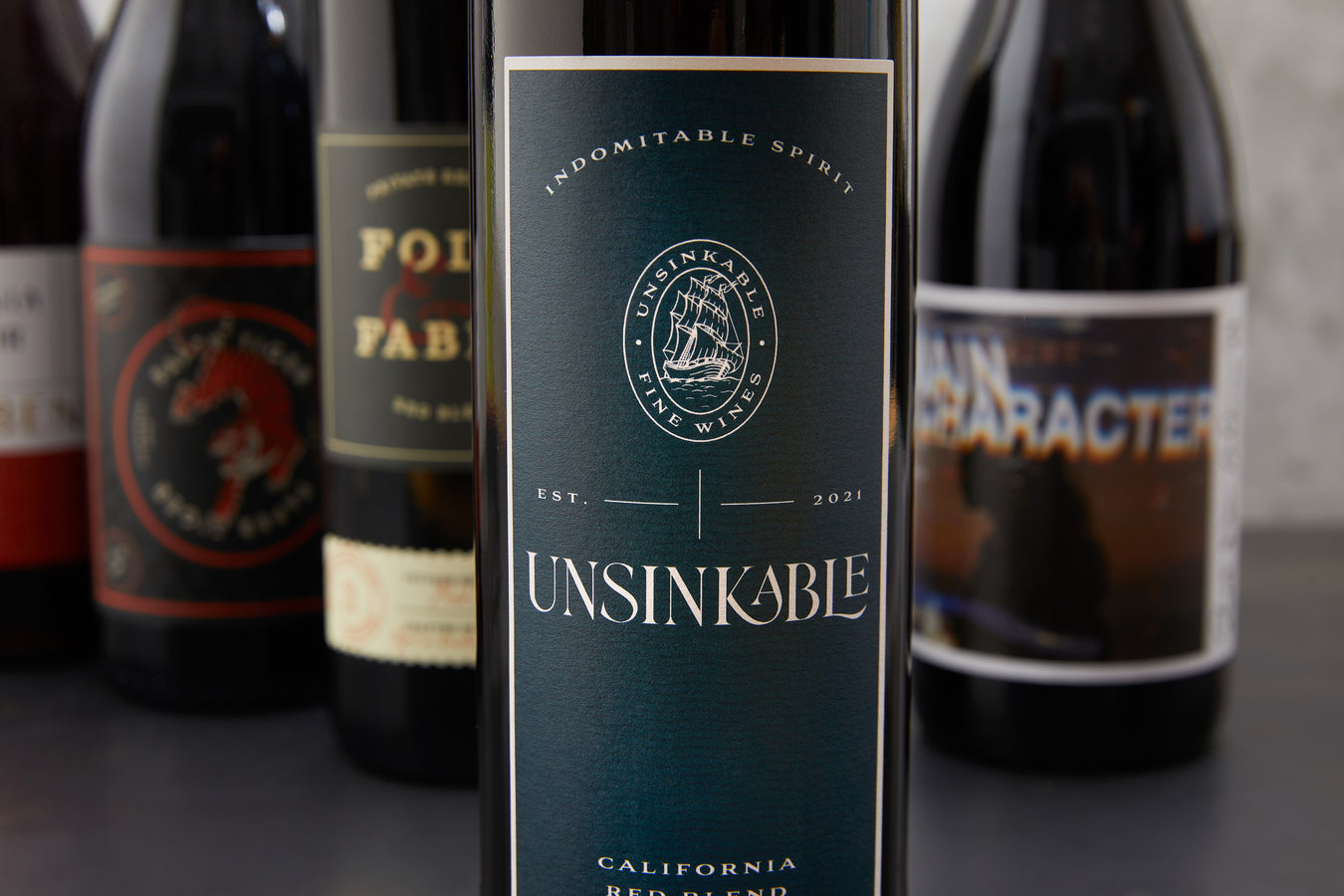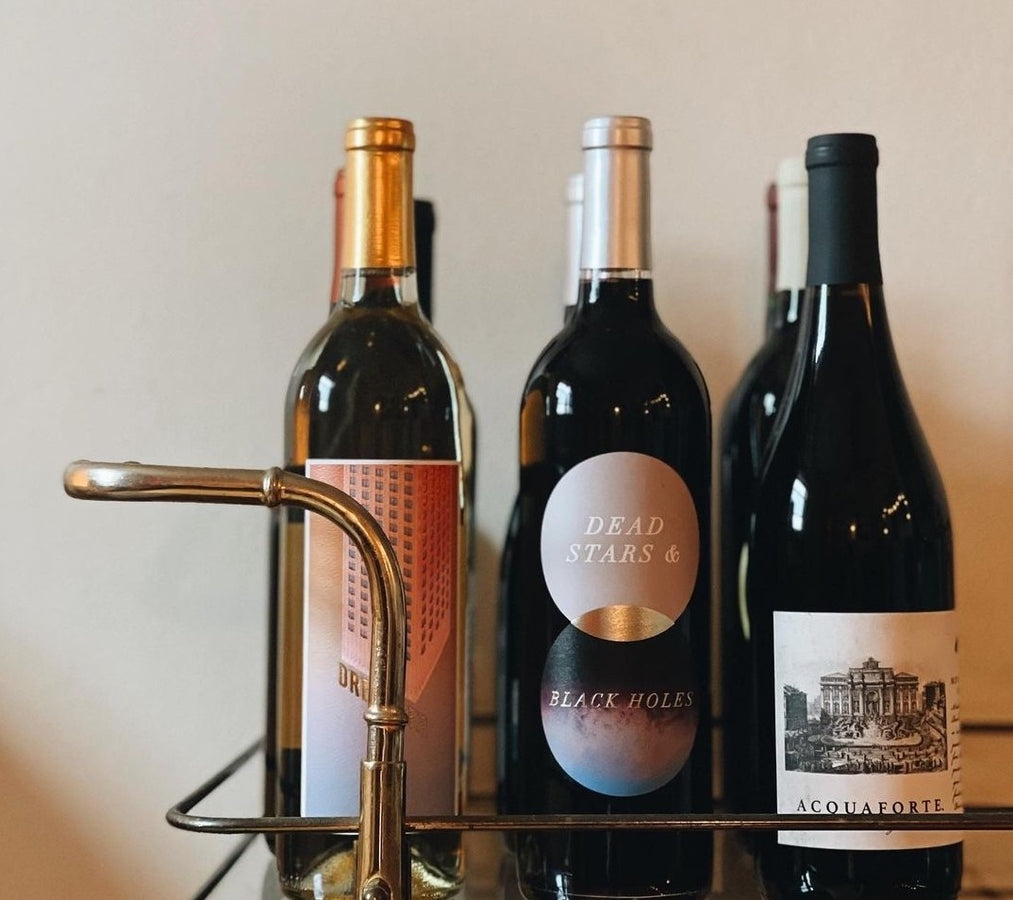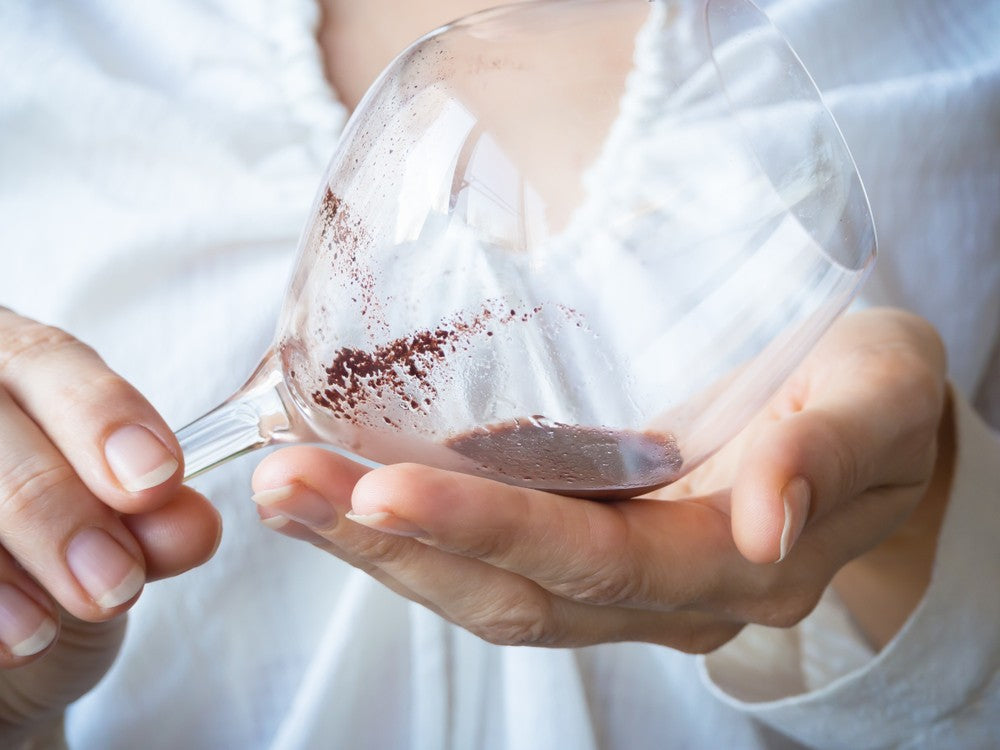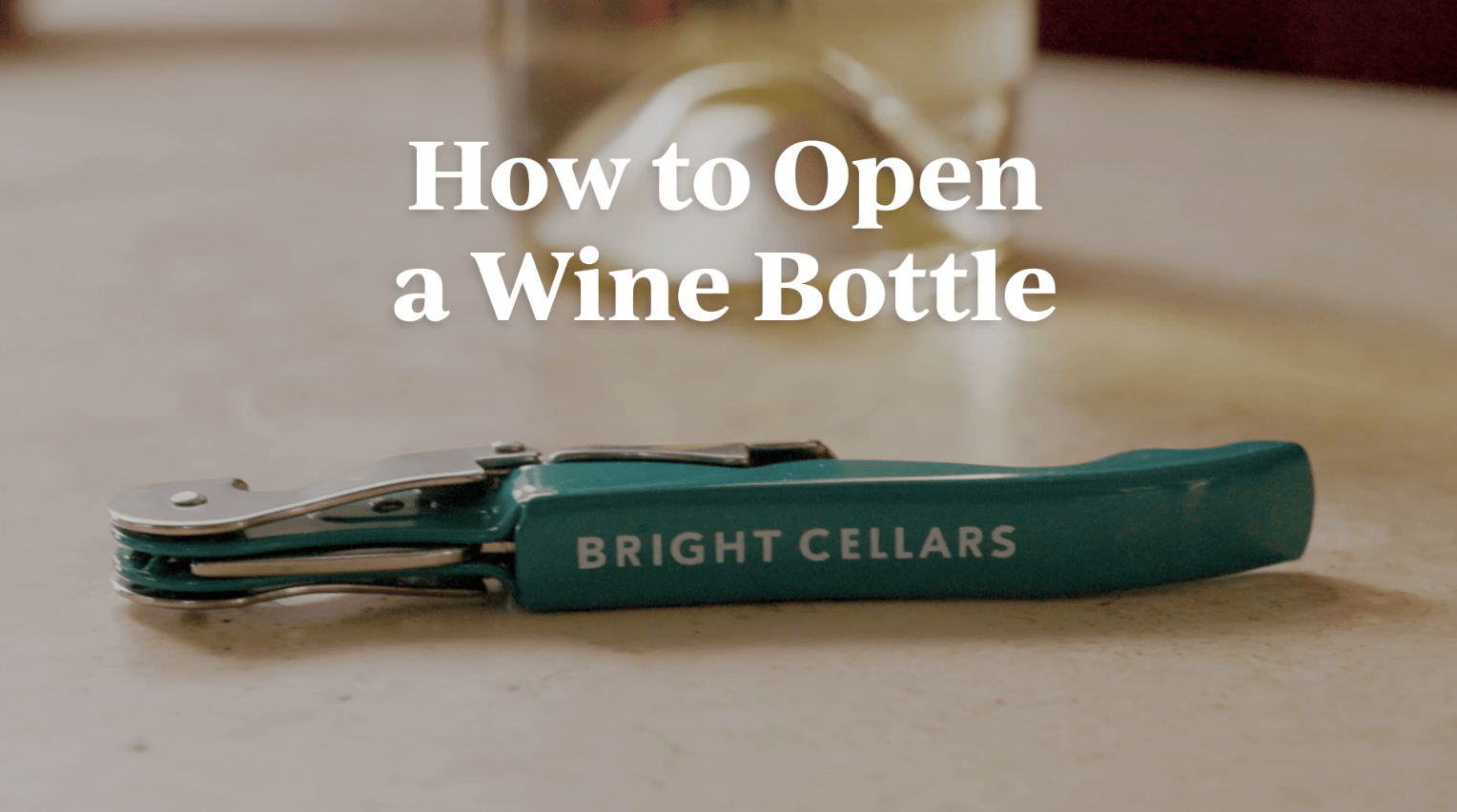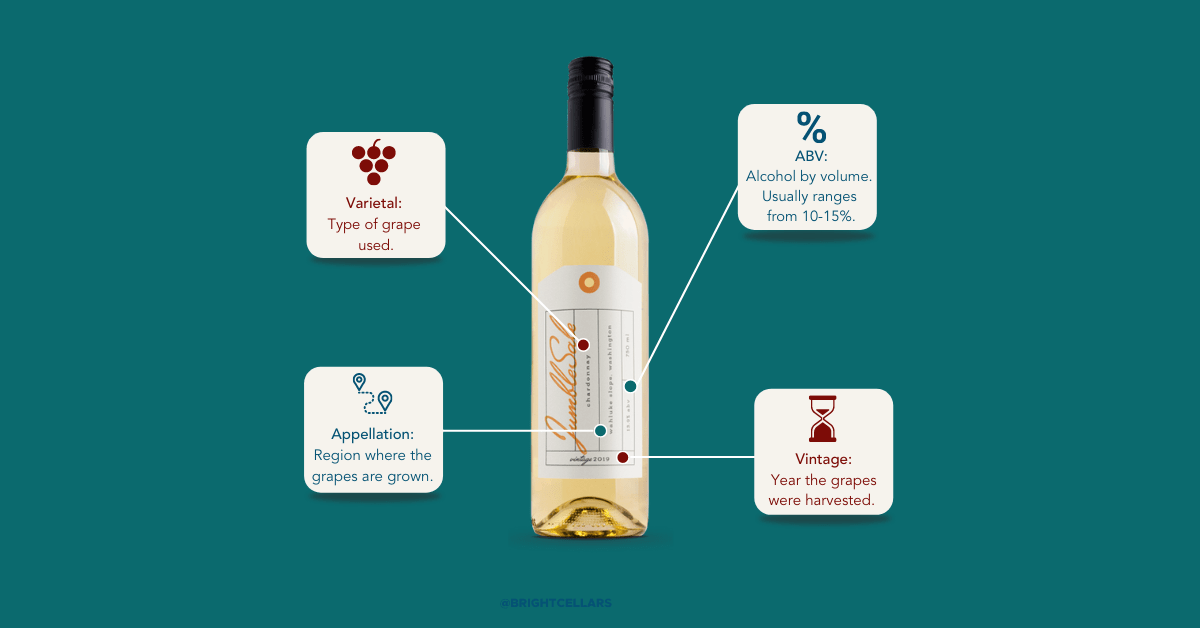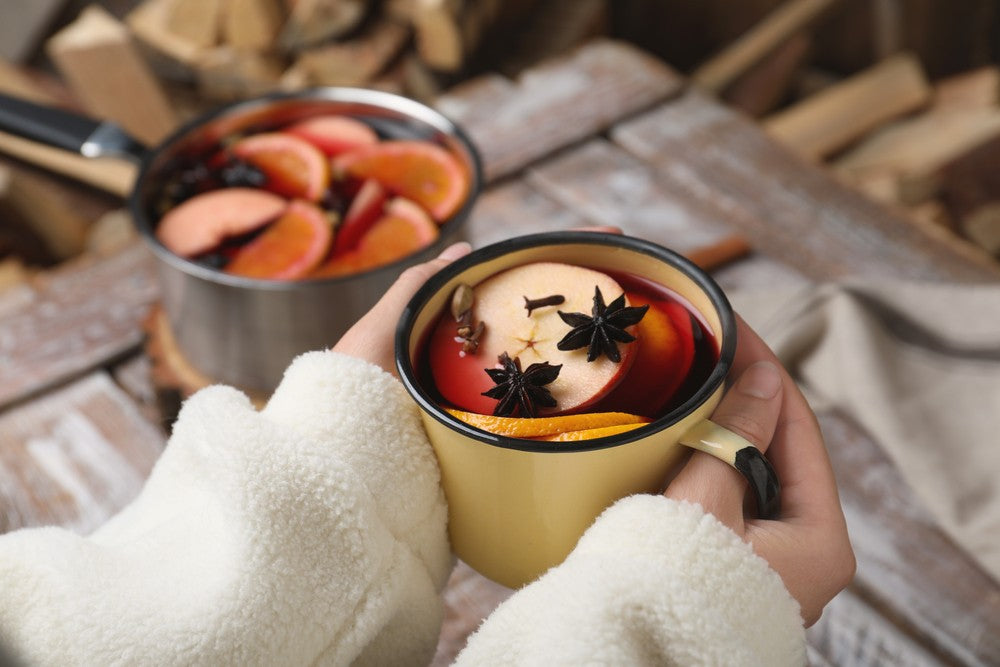
If you’re not familiar with the decanting process, it can feel a bit foreign, but the reality is decanting wine is easier than you think and really does make a difference. It takes very little effort - just the right decanter and a little bit of planning - to take your sipping experience to the next level by bringing out the aromas and flavors just as the winemaker intended.

Why should I decant my wine?
People often compare decanting to hopping on a long, crowded flight. Imagine… you’re stuffed like a sardine onto a fully booked flight across the world. The plane is cramped, crowded, and stuffy. There’s little-to-no leg room, and the airport lavatory is even worse. There’s a small child behind you who’s been karate chopping the back of your seat for hours on end with no intention of slowing down anytime soon.
We need a glass of wine just thinking about it.
Once you finally get off the flight, the fresh air hits you immediately, you stretch out your limbs, and honestly, you don’t mind the walk to the baggage claim because you’ve been pretzeled up in knots for the last however many hours.
The same goes for wines. Wines, like humans, need to stretch and breathe in order to get back to their best selves.
How does decanting affect wine?
The benefits of decanting wine are twofold. First off, decanting aerates the wine and releases heightened aromas and flavors. Allowing the wine to breathe releases flavors that have been lying dormant in the bottle. Aeration also enhances a wine’s flavor by softening tannins and releasing gases that have formed in place of oxygen.
Secondly, decanting reduces the chance of sediment ending up in your glass. Aged red wines in particular are prone to the development of sediment, and decanting began as an easy way to separate the wine from the less-than-drinkable portion.
Here’s an interesting tidbit - if you usually store your wines horizontally to keep the cork from drying out, it’s recommended you let your bottle sit vertically for a couple days before you decant to allow the sediment to collect at the bottom of the bottle. Then, as you pour the wine into your decanter, just leave that last bit in the bottle to reduce the chance of sediment in your glass.
Which wines benefit from decanting?
When we’re talking about decanting, we’re usually talking about red wine, however, you can also decant whites and rosés. If a young, complex white wine feels a bit too tight, it would do well with some time in a decanter.
While all wines can benefit from the process, certain wines are prime candidates for a date with a decanter.
You should definitely decant wines that have been aged over 10 years. All that time in the bottle can tense up a wine and leave it tasting flat or bitter.
Cheaper wines also benefit from decanting - the aeration helps get rid of the funky taste you might experience otherwise. That funky aroma of rotten eggs is generally a sign of hydrogen sulfide, but some time in the decanter will do the trick and release the right kind of aromas.
Lastly, if you end up breaking the cork while you’re opening a bottle of wine, turn to your decanter. Just pour through a coffee filter into the decanter to catch any fragments of cork that wound up in the bottle.
How long should I decant my wine?
When it comes to the amount of time your wine should spend in the decanter, there’s no magic number. Generally, red wines should decant from 20 minutes up to two hours, depending on the varietal.
Whites and rosés, on the other hand, can decant up to 30 minutes.
In Vino Finito
While decanting does take a bit of preparation, it’s every bit worth it. Do you notice a difference when you decant your wine? Let us know in the comments! For more wine wisdom, subscribe to our newsletter, Glass Half Full.









